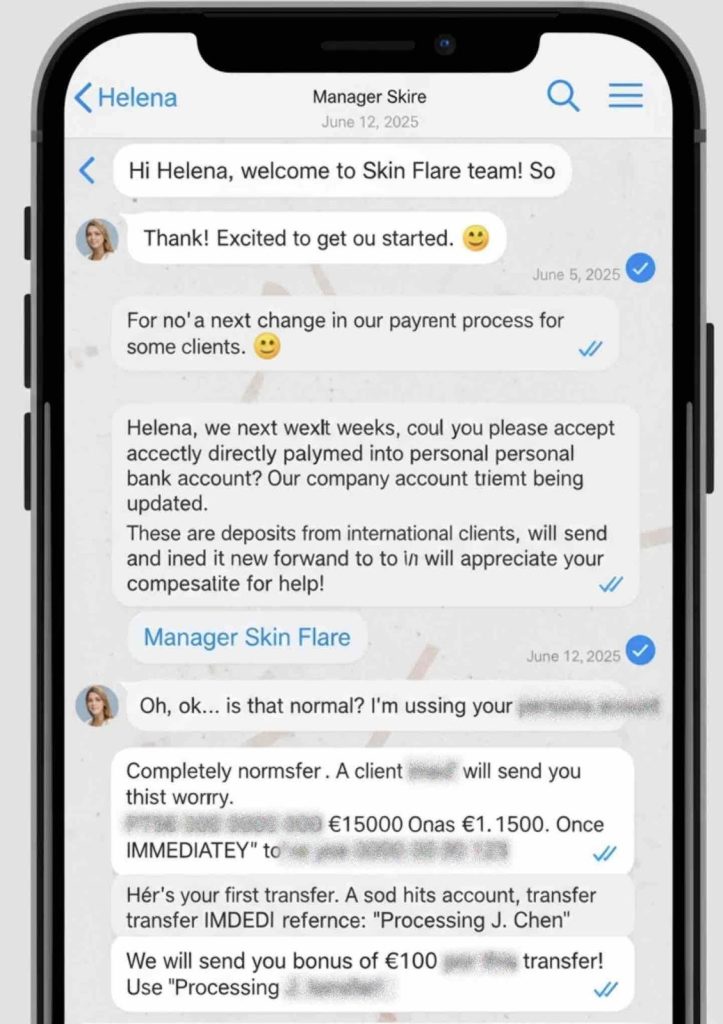Facebook’s Crackdown on Medical Misinformation: A Digital In the digital age, information travels at the speed of light, and so does misinformation. Social media platforms, particularly Facebook, have become battlegrounds for the dissemination of health-related information. Recognizing the potential harm of false medical claims, Facebook has initiated a series of measures collectively known as Facebook medical misinformation bans. These efforts aim to curb the spread of misleading health information and promote accurate, science-based content.

The Genesis of Misinformation on Facebook
Facebook’s vast user base and algorithm-driven content dissemination have inadvertently facilitated the spread of medical misinformation. During the COVID-19 pandemic, false claims about vaccines, treatments, and the virus itself proliferated on the platform. This “infodemic” prompted public health experts and organizations to call for more stringent content moderation policies. (Time)
Implementing the Bans
In response to mounting pressure, Facebook expanded its policies to remove false claims about all vaccines, not just those related to COVID-19. This move marked a significant shift in the platform’s approach to health misinformation.
The Facebook medical misinformation bans encompass several key strategies:
- Content Removal: Posts containing false claims about vaccines and treatments are removed.(Wikipedia)
- Account Suspension: Users and groups that repeatedly share misinformation face suspension or removal.
- Promotion of Accurate Information: Facebook directs users to credible sources like the World Health Organization (WHO) for accurate health information.(Time)
The Role of the Oversight Board
Facebook’s Oversight Board, an independent body, plays a crucial role in reviewing content moderation decisions. In April 2023, the Board advised that Facebook should continue removing COVID-19 misinformation that poses a risk of imminent physical harm. (The Oversight Board)
Challenges in Enforcement
Despite these efforts, enforcing the Facebook medical misinformation bans presents several challenges:
- Evasion Tactics: Misinformation spreaders often use coded language or private groups to evade detection.(Misinformation Review)
- Volume of Content: The sheer volume of content makes it difficult to monitor and moderate effectively.
- Global Variations: Cultural and linguistic differences complicate the identification of misinformation.
The Impact of the Bans
Facebook reports that it has removed over 20 million pieces of content for violating its COVID-19 misinformation policies. While these numbers indicate a proactive stance, studies suggest that overall engagement with antivaccine content has not significantly decreased. (axios.com, PMC)
Legal and Ethical Considerations
The Facebook medical misinformation bans have sparked debates about free speech and censorship. In a notable case, Meta Platforms (Facebook’s parent company) won an appeal against a lawsuit filed by Children’s Health Defense, an anti-vaccine group. The court ruled that Meta, as a private entity, has the right to remove content it deems harmful. (Reuters)
Collaboration with Health Authorities
Facebook collaborates with health authorities to ensure the dissemination of accurate information. During the pandemic, the platform provided free advertising to the WHO and directed users to official health resources. (Wikipedia)
Future Directions
To enhance the effectiveness of the Facebook medical misinformation bans, the platform is exploring advanced technologies:
- Artificial Intelligence: Implementing AI to detect and remove misinformation more efficiently.
- User Education: Educating users about identifying and reporting false information.
- Transparency Reports: Publishing regular reports on content moderation efforts and outcomes.(American Medical Association)
Conclusion
Facebook’s initiative to combat medical misinformation represents a significant step in promoting public health in the digital age. While challenges persist, the Facebook medical misinformation bans demonstrate the platform’s commitment to curbing the spread of harmful health information. Continued collaboration with health authorities, technological advancements, and user engagement are essential to the success of these efforts.





More Stories
5 Affordable AI Poster Makers for Small Businesses
They Poisoned Porto: How a Dream Job Became a 24-Year-Old’s Criminal Nightmare
How Censorship Impacts Public Health Awareness